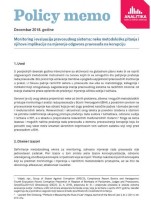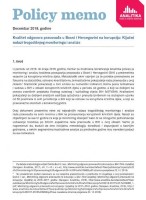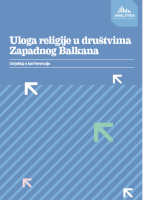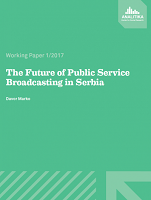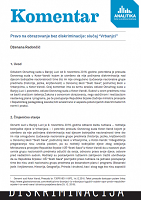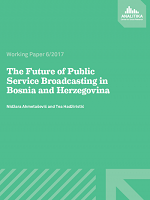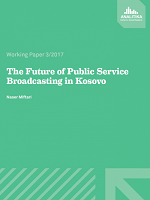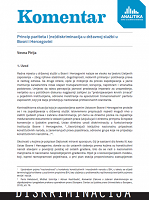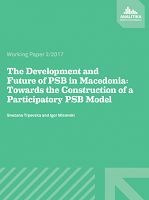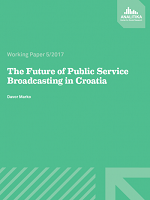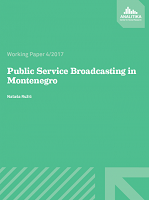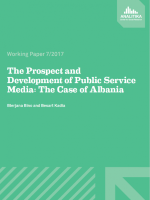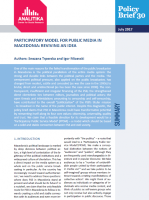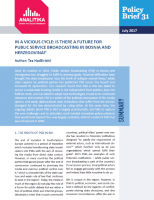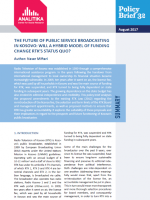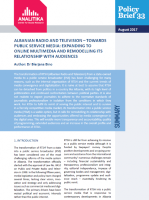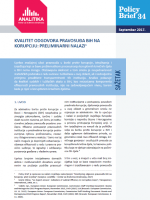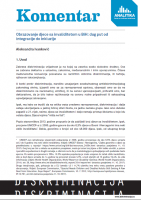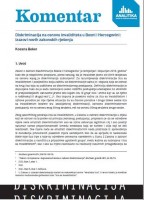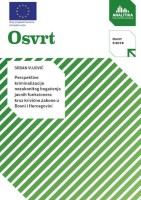
Perspectives of Criminalization of Illegal Enrichment of Public Officials Through Criminal Laws in Bosnia and Herzegovina
Perspektive kriminalizacije nezakonitog bogaćenja javnih funkcionera kroz krivične zakone u Bosni i Hercegovini
Keywords: BiH; criminal law; rich people; public officials; illegal accumulation of wealth; criminalization;
Borbu protiv korupcijskog kriminaliteta u svijetu, na kraju XX i početku XXI vijeka, obilježili su slučajevi korupcije na visokoj razini, u kojima su glavni akteri često bili javni funkcioneri, a koji su korištenjem svojih pozicija stekli značajno bogatstvo. Narušavanjem principa pravilnog i zakonitog obavljanja službene i odgovorne dužnosti, takvi slučajevi su uzrokovali velike štete društvenoj zajednici, pojedinačnim institucijama, ali i samoj državi. Da bi se očuvao pravni poredak, slučajevi korupcije među javnim funkcionerima trebaju biti otkriveni, izvršioci kažnjavani, a nezakonito stečena imovina oduzeta i vraćena zajednici. Ipak, to nije lak zadatak. Naime, otkrivanje i dokazivanje krivičnih djela korupcije javnih službenika predstavlja izuzetno velik izazov za profesionalce, pa počinioci često ostaju neotkriveni ili nekažnjeni. Prema relevantnim procjenama, dok u evropskim zemljama po svakom otkrivenom krivičnom djelu korupcije bude između 10 i 50 neotkrivenih, procjene za Bosnu i Hercegovinu (BiH) ukazuju na to da se broj neotkrivenih djela u odnosu na jedno otkriveno kreće i do 200. Iako bazirana na percepciji građana, referentna mjerenja o prisutnosti korupcije po državama, godinama unazad, pokazuju da je BiH, uz Albaniju, zemlja koja je najviše pogođena korupcijom. Međutim, vjerovatno veća zabrinutost treba biti izostanak očekivane reakcije organa formalne socijalne kontrole, što pokazuje izrazito mali broj optužnica, pa onda i osuđujućih presuda za korupciju, među kojima predmeti visoke korupcije predstavljaju izuzetke. U mnogim zemljama koje su se susretale sa sličnim problemima, a sa ciljem da se efikasnije i efektivnije odgovori na korupcijski kriminalitet, u krivične zakone je uvedeno krivično djelo nezakonito bogaćenje. Sama kriminalizacija i primjena novog krivičnog djela dali su značajan doprinos tome da se neke od tih zemalja danas pominju kao dobri primjeri u borbi protiv korupcije. Potpisivanjem UNove Konvencije protiv korupcije (UNCAC), BiH se, pored ostalog, obavezala da će ozbiljno razmotriti kriminalizaciju nezakonitog bogaćenja, što je propisano članom 20 ove konvencije. Međutim, treba imati na umu da je pitanje kriminalizacije nezakonitog bogaćenja izazvalo intenzivne diskusije, kako u naučnim i stručnim tako i u krugovima donosilaca odluka. Dok jedni u tome vide značajne prednosti i efektivan mehanizam zaštite pravnog poretka, drugi upućuju značajne prigovore, među kojima se najteži odnose na kršenje osnovnih ljudskih prava i fundamentalnih principa krivičnog prava. Cilj ovoga teksta je da ponudi prikaz prednosti kriminalizacije nezakonitog bogaćenja, ali i najvećih prigovora uvođenju tog krivičnog djela, pritom se osvrćući na izazove za zakonodavca i izazove za profesionalce. Uz svijest o tome da je u ovom momentu teško ponuditi najbolje rješenje, ovaj tekst bi trebalo da posluži kao početni korak za buduće diskusije i analize, koje će polučiti konkretne smjernice za daljnje djelovanje. Upravo u tom duhu, dokumenat koji prati UNCAC – “Legislativne smjernice za implementaciju UNCAC-a” – predlaže da države trebaju da razmotre donošenje odnosnih pravnih mjera, a kako bi ustanovile da li su te mjere u skladu s konkretnim pravnim sistemom. Tako, ostaje izuzetan izazov da se pronađe pravi balans između pravnog principa prema kojem nezakonito stečena imovina ne može da bude zadržana, ponajmanje od strane javnih funkcionera, i pravnih principa koji garantuju zaštitu ljudskih prava i fundamentalnih pravila krivičnog postupka.
More...
